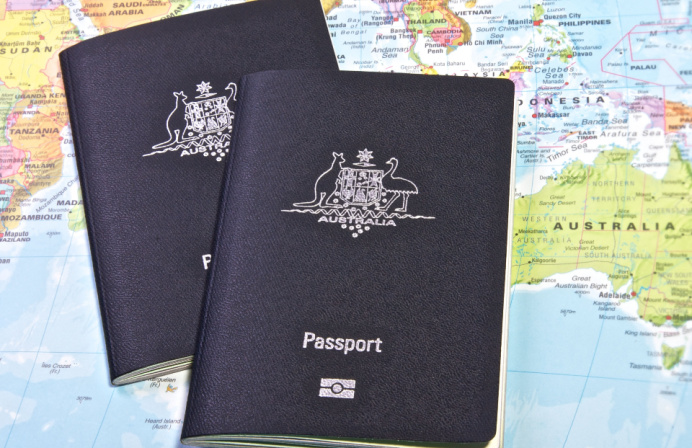
The Australian National Audit Office (ANAO) has handed down the results of its third audit into the Department of Foreign Affairs and Trade’s (DFAT’s) handling of passport services, this time focusing on those processed in the 2022/23 financial year.
The audit came after the Passport Office experienced a significant lull in the demand for passports, after travel restrictions and international border closures were implemented to contain the spread of the COVID-19 pandemic from January 2020. In the six quarters of border restrictions, there were 2.2 million fewer passports issued than in the previous six quarters.
However, after the international border was reopened in November 2021, there was a 22 per cent surge in demand for passports per quarter compared to pre-pandemic levels. The audit also highlighted how passport demand modelling conducted by DFAT suggested this surge would occur as early as December 2020, which provided the department almost one year to prepare for the spike in demand for passport services.
The audit showed there were 3.1 million passports issued in the 2022/23 financial year, of which 24 per cent of applications took longer than six weeks to be processed.
The audit report ruled the Australian Passport Office’s (APO’s) handling of passport service delivery “has not been efficient”, applications had not been “processed in a time and resource efficient manner” and the department’s approach was not customer focused.
The Auditor-General suggested nine recommendations to improve the efficiency and complaints management with which the department operates. The department accepted all recommendations, including:
- The Department of Foreign Affairs and Trade improve its performance measures to include an explicit focus on the time it takes from an applicant perspective from the lodgement of an application through to the receipt or collection of a passport.
- The Department of Foreign Affairs and Trade establish and report on performance measures that address the efficiency with which it uses resources in processing passport applications.
- The Department of Foreign Affairs and Trade improve the processing of passport applications by equipping Austrade staff with responsibility for delivery of passport services in overseas locations with the same access to passport systems as is provided to its departmental officers in overseas locations.
- The Department of Foreign Affairs and Trade improve its complaints handling for passports processing by:
- expanding the capture of complaints data to include all relevant channels including the Passport Enquiries inbox as well as from third-party service providers; and
- recording passport complaints received via any channel in an electronic system capable of producing complaint data that is reliable and complete.
- The Department of Foreign Affairs and Trade improve transparency over its passport application processing by improving its systems to expand its published processing time to the number of consecutive business days that applicants can expect their passport to take from application submission to passport receipt.
- The Department of Foreign Affairs and Trade ensure any methodology changes that impact on reported performance, and the rationale for the changes, are explained in reporting.
- The Department of Foreign Affairs and Trade provide refunds of the priority processing fee paid by all applicants where the department does not meet the processing timeframe advertised for those applications.
- The Department of Foreign Affairs and Trade analyse its use of manual holds to identify the factors causing these to occur and opportunities to improve its time efficiency in processing passport applications. The department should seek to minimise the number of applications that are placed on hold, and the time they spend on hold.
- The Department of Foreign Affairs and Trade adopt an activity-based costing approach to reporting on the cost of the department providing passport services.





